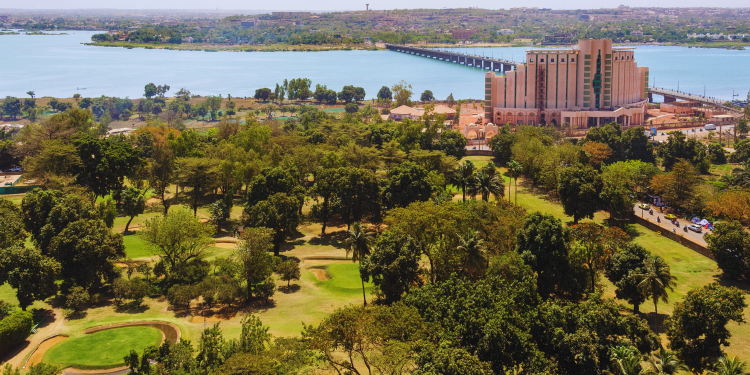Part 1
14.03.2024
Climate change is becoming unavoidable and bringing with it a wide range of extreme weather developments. African countries, therefore, must promote circular economy and build more modern green cities to buttress efforts towards mitigating adverse effects of climate change, said Dr. Kelvin Kamayoyo, Zambian economist, Climate Change Advocate and Scholar. Indisputably, African countries have great potential to multiply the creation of modern green cities, if urban and township planning could prioritise more the importance of circular economy and green economy for sustainable development. Globally, most green cities tend to have inherent self sufficient characteristics and have demonstrated ability to provide water, food and energy that support the wellbeing of a particular city’s inhabitants.
According to Mike Anderson (2021), “Sustainable city – also referred to as a “green city” or an “eco-city”- is an urban enclave whose design, construction, and operation prioritizes the preservation of the natural world alongside the economic, social, and physical health and wellness of the city’s inhabitants.” Green cities or eco-cities concepts are desirable to spur sustainable growth for most African countries. Vividly with the unrelenting and unforgiving climate change, Africa must prepare itself for tougher social, economic and environmental times ahead and the only remedy is to seriously embrace green growth at all levels and adopt and practice a culture of tree planting at household level and business premises.
According to James Cutmore in an article published dated October 9, 2023, narrates that, “Two-thirds of all energy consumption on the planet occurs in cities worldwide, as do 70 per cent of all greenhouse gas emissions. So if humanity is going to slow the global climate crisis, then the best place to take the most extreme action is in municipalities around the world.” It is therefore even more enthralling now that African countries need to build more modern green cities, sustainable cities, or eco-city whose design takes into consideration the social, economic and environmental impact and resilient habitat for domicile populations, without compromising the ability and welfare of future generations.
According to Lucertini, G. and F. Musco (2020). Circular urban metabolism framework. One Earth, 2(2), 138–22, “Cities cover just a small percentage of our planet’s surface. Yet they generate 50 to 80 percent of the world’s greenhouse gas (GHG) emissions and consume nearly 75 percent of global material resources.” To alleviate this growing concern, African countries must consider embracing a circular economy anchored on the three basic principles thus, reduce, reuse and recycle for more efficient and sustainable production in all economic activities. Notwithstanding, there is need to complement this aspect with mainstreaming the principle of sustainability anchored on environmental, social, and governance (ESG) or “Triple Bottom Line” approach at all levels of the urban and township planning and development processes on the continent of Africa.
For more comments contact the author on email: kamayoyokm@gmail.com





































